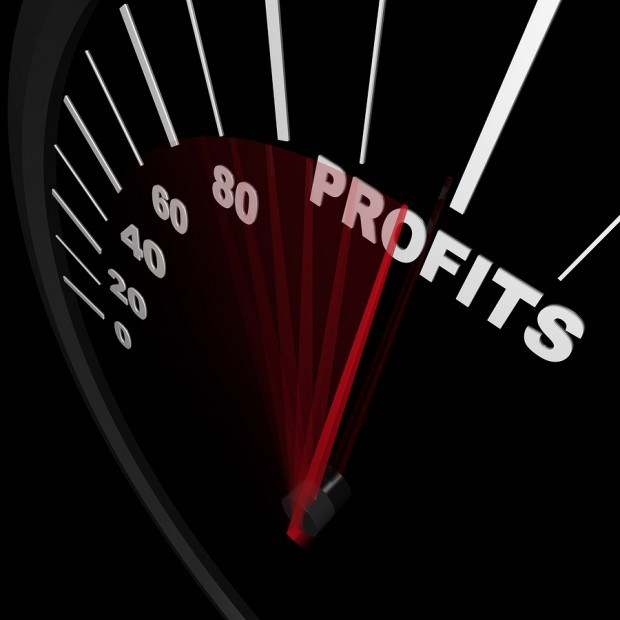Swiss Re, the world’s second-largest reinsurer, beat forecasts with a 17 percent rise in first-quarter net profit on Thursday, boosted by strong investment returns, and said it was able to renew policies at “acceptable” rates.
Swiss Re and other reinsurers help insurance companies cover the cost of major damage claims, such as for hurricanes and earthquakes, in exchange for part of the premiums their insurance company clients pay.
Pension funds and other specialized investors have been pouring money into the reinsurance business, competing with traditional reinsurers such as world No.1 Munich Re and Swiss Re, and putting pressure on prices.
Swiss Re said in a statement the market and interest rate environment was “very challenging.”
But it added the April policy renewal season had shown that despite a softening in property catastrophe rates, prices overall were attractive.
“Our April (renewals) was a good one, a disciplined one,” David Cole, chief financial officer, told Reuters.
“We were able to show some growth at acceptable rates.”
Swiss Re’s net profit rose 17 percent to $1.4 billion in the first three months of the year from a year earlier, beating an average forecast for $961 million in a Reuters poll of eight analysts.
Annualized return on investment rose to 3.9 percent, from 3.7 percent in the same period of 2014.
The group said it was on track to meet its 2011-2015 financial targets by the end of the year.
Swiss Re’s property catastrophe combined ratio for the first quarter, a measure of underwriting profitability, was 84.4 percent, against a Reuters poll average of 86.4 percent. A figure below 100 percent indicates a profit.
But analysts at Jefferies said they were cautious on the stock, maintaining a “hold” recommendation, “as excess capital continues to build up and the reinsurers lose negotiating power in the market.”
Last year saw a record number of 189 natural catastrophe events, contributing to global economic losses of $110 billion, according to a Swiss Re Sigma study published in March.
Yet 2014 saw total insured losses of $35 billion, below the 10-year average of $64 billion, the study said.
The lack of demand for insurance has also weighed on reinsurance rates.
Cole told reporters on a call that property catastrophe rates had generally fallen around 5-10 percent at April renewals.
Swiss Re’s shares reversed early gains to stand 0.66 percent lower at 82.75 Swiss francs at 1005 GMT, underperforming broader European insurance stocks. (Additional reporting by Joshua Franklin in Zurich.)





















 Machine Learning for Mutuals: What’s Working, What’s Not, and What’s Next
Machine Learning for Mutuals: What’s Working, What’s Not, and What’s Next  Why Claims AI Build vs. Buy Decisions So Often Miss the Mark
Why Claims AI Build vs. Buy Decisions So Often Miss the Mark  Telematics and Trust: How Usage-Based Insurance Is Transforming Auto Coverage
Telematics and Trust: How Usage-Based Insurance Is Transforming Auto Coverage  Viewpoint: Runoff Specialists Have Evolved Into Key Strategic Partners for Insurers
Viewpoint: Runoff Specialists Have Evolved Into Key Strategic Partners for Insurers 






